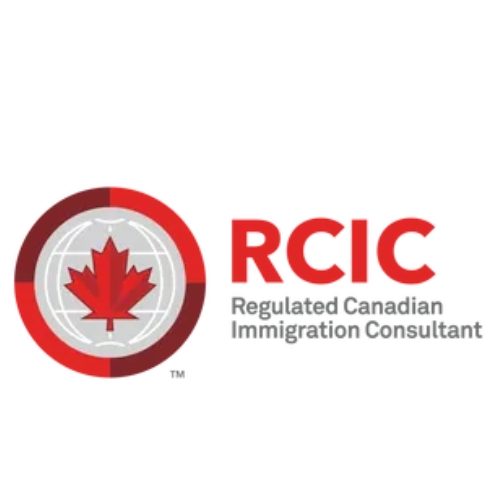RCIP vs. RNIP: What You Need to Know as Canada Prepares for a New Immigration Pathway

Canada has long been a destination for skilled workers seeking opportunities in smaller communities, with programs like the Rural and Northern Immigration Pilot (RNIP) leading the way. However, as the RNIP has officially closed, anticipation grows for the launch of the Rural Communities Immigration Program (RCIP). While both programs share the goal of addressing labor shortages in rural areas, the RCIP is expected to introduce new features and opportunities for immigrants. Here’s what we know so far and how it compares to the now-closed RNIP.
RNIP: A Recap of Its Legacy
The RNIP was a federal initiative launched to connect skilled workers with smaller communities across Canada. It helped address labor gaps and allowed immigrants to settle in less populated areas, fostering economic growth and regional development.
Key Highlights of RNIP:
- Target Communities: RNIP was operational in 11 communities across Canada, including Sault Ste. Marie.
- Job Offer Requirement: Applicants needed an eligible full-time permanent job offer from an employer in a participating community.
- Permanent Residency Pathway: Successful applicants gained direct eligibility for permanent residency, making it an attractive option for long-term settlement.
The RNIP successfully brought skilled workers to rural areas, helping businesses thrive and encouraging diversity in smaller towns.
What to Expect from the RCIP
While official details are yet to be announced, the RCIP is expected to build upon the RNIP’s foundation with enhancements that address challenges identified during its operation.
Predicted Features of RCIP:
- Broader Community Participation:
The RCIP may expand to include more communities and sectors, increasing opportunities for immigrants in diverse regions. - Flexible Job Criteria:
Unlike the RNIP, which was primarily geared toward high-demand skilled workers, the RCIP may include provisions for semi-skilled and entry-level workers, aligning with evolving labor market needs. - Enhanced Settlement Support:
The RCIP is likely to prioritize settlement services, ensuring newcomers have access to housing, language training, and employment resources to integrate seamlessly into rural communities. - Provincial Involvement:
The RCIP could feature stronger partnerships with provincial governments, streamlining the transition for workers and families.
Key Differences Between RNIP and RCIP
The Rural and Northern Immigration Pilot (RNIP) and the upcoming Rural Communities Immigration Program (RCIP) are both designed to address labor shortages in rural Canada, but they differ in several key areas.
- Scope:
The RNIP was a federal program that targeted a set number of communities. In contrast, the RCIP is expected to be a broader initiative, potentially involving a federal or provincial collaboration to reach more regions across Canada. - Job Requirements:
The RNIP focused on skilled workers who had specific job offers from participating employers. The RCIP, however, may include opportunities for semi-skilled and entry-level workers, expanding the types of roles available to applicants. - Community Participation:
The RNIP was limited to 11 communities, whereas the RCIP is likely to involve a wider range of communities, making it accessible to more people across rural Canada. - Settlement Support:
Under the RNIP, settlement support was primarily employer-driven, with limited external assistance. The RCIP is expected to offer more comprehensive settlement resources to help newcomers integrate into their new communities. - Launch Status:
While the RNIP has officially closed, the RCIP is still awaiting its official announcement, with many anticipating new opportunities for immigrants.
Why RCIP Could Be a Game-Changer
With Canada’s rural communities continuing to face labor shortages, the RCIP is poised to fill critical gaps while offering immigrants a chance to build fulfilling lives outside urban centers. The program’s anticipated flexibility and emphasis on integration could make it a top choice for those seeking long-term opportunities in smaller communities.
How iCA Immigration & Talent Services in Sault Ste Marie Can Assist You
At iCA Immigration, we stay ahead of immigration trends to ensure our clients are always prepared. With the RCIP announcement on the horizon, we’re ready to help you explore this promising pathway. From eligibility assessment to application preparation, our team is committed to guiding you every step of the way.
Conclusion
The closure of the RNIP marks the end of an era, but the upcoming RCIP promises exciting opportunities for skilled and semi-skilled workers alike. As we await further announcements, now is the time to prepare and explore how this program could help you achieve your Canadian dream.
Stay updated by contacting iCA Immigration today at 1-807-500-1912, email- Reception@ica-canada.ca or visiting ica-immigration.ca, Office Address- 372 Albert St. East Sault Ste. Marie. Let us help you seize the opportunities that the RCIP will bring.








